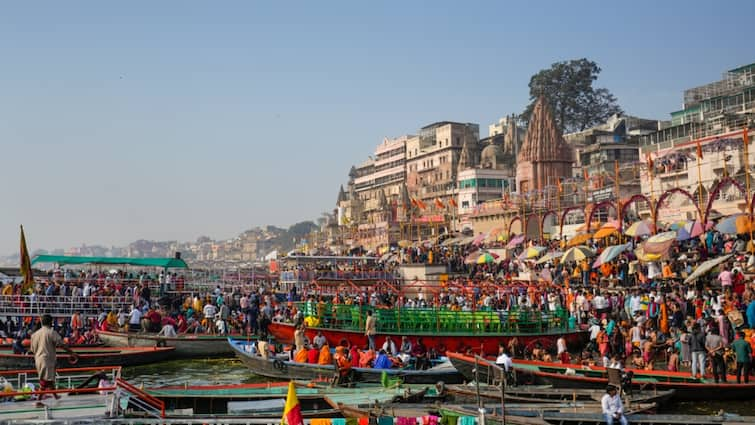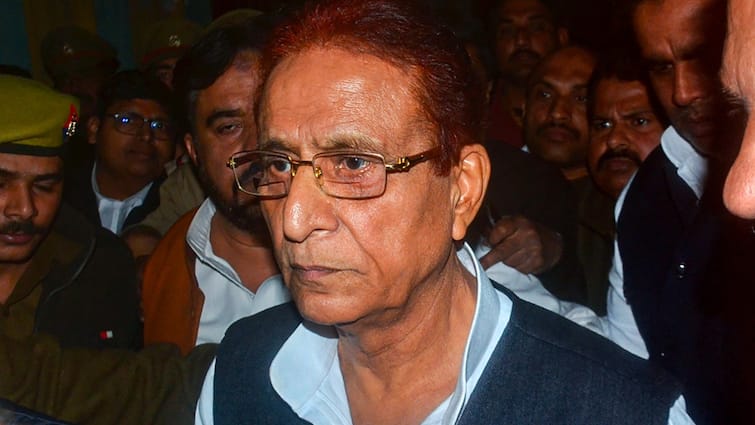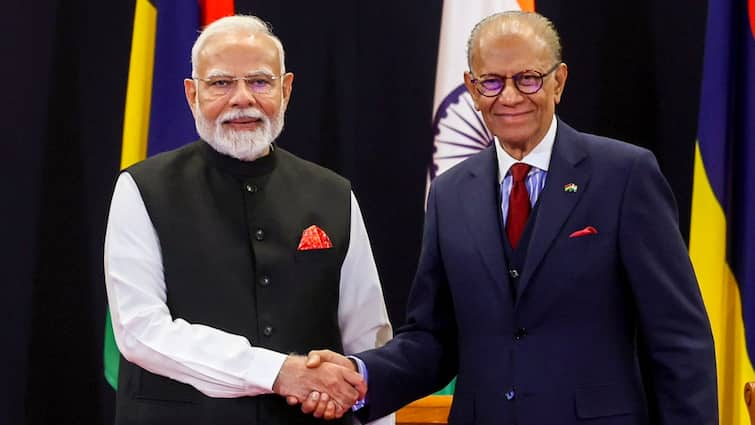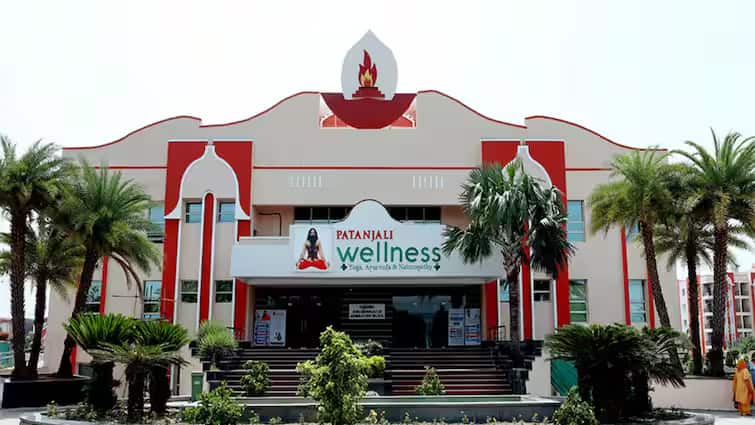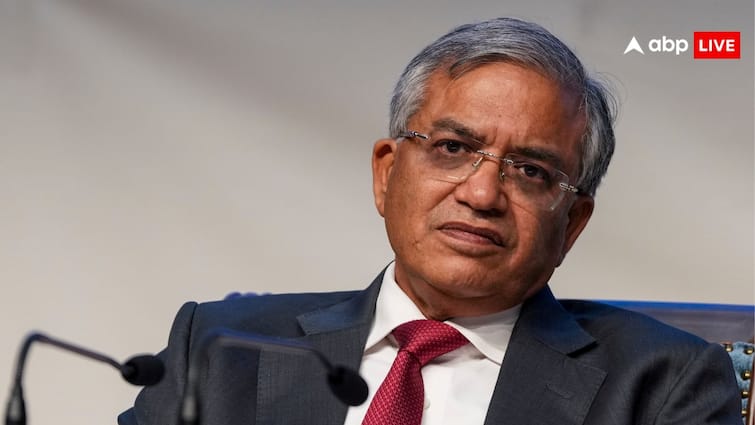The City of Temples just got a major boost in the tourism sector. Your next visit to India's 'spiritual capital', Varanasi, is likely to be even more pleasant with your taxi driver giving you an overview of the city's history and culture, even before you actually embark on your sightseeing or spiritual journey — thanks to the UP Tourism Department.
In a bid to make travel safer, inclusive, and more welcoming, the Uttar Pradesh Tourism Department conducted a four-day training programme for auto, taxi and bus drivers in Varanasi on Wednesday. The initiative comes weeks after the department conducted similar sessions for boatmen in July, underscoring the state's ongoing effort to empower those who serve as the first point of contact for visitors.
Tourism and Culture Minister Jaiveer Singh praised the programme, describing it as "a transformative step that connects community participation with Uttar Pradesh's tourism growth story". He noted that when drivers and boatmen take on the role of storytellers, safety ambassadors, and custodians of hospitality, every visitor's journey in the state becomes memorable.
Principal Secretary, Tourism & Culture, Mukesh Kumar Meshram, placed the move in a broader context. "Kashi and its surroundings are witnessing a tourism boom. From pilgrims to international travellers, expectations are rising. Through structured trainings, the department is ensuring safe, professional and culturally enriching journeys, placing visitor experience at the core," he said.
The curriculum of the programme featured a mix of practical and cultural modules, ranging from heritage storytelling, first aid and CPR, and road safety, to UPI-based digital payments, tourist sensitisation, and personality development. Sessions were led by experts, such as president of the Taxi Association Varanasi Shailendra Tripathi, who spoke on heritage narratives; Secretary of the Taxi Association Varanasi Aman Anand, who elaborated on the crucial need for tourist sensitisation and driver conduct; and the city's traffic inspectors, who apprised the participants on road safety and guest management.
A special address was delivered by Pawas Prasoon Sharma, assistant director at the Ministry of Tourism, who stressed aligning local practices with national standards.
A total of 310 drivers took part, including 19 women — a notable step towards gender inclusion in tourism-linked transport. For many, the programme opened new possibilities. Rashmi Singh, one of the female participants, shared her experience: "I not only learnt about first aid and digital payments but also how to make tourists feel safe and welcome. For women like us, this training is a chance to grow with Kashi's tourism."
Among the standout sessions was the Heritage Storytelling module, which equipped drivers with tales of Kashi and Sarnath, turning ordinary rides into journeys steeped in history and culture.
